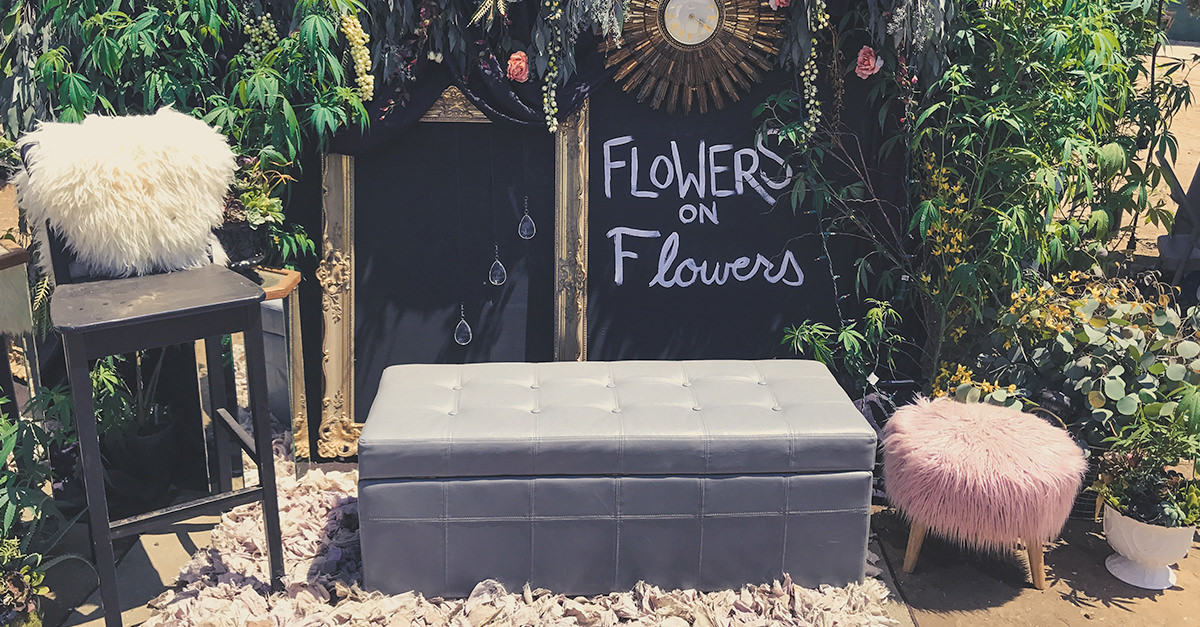If you’re looking for a glimpse into the future of the cannabis industry, look no further than Emerald Exchange, a pop-up cannabis farmers market that brings artisanal, small-batch Northern California cultivators down to LA.
On sprawling, sunny grounds not far from Malibu, more than 50 cannabis vendors set up booths, showcasing and offering samples of fresh bud, concentrates, and edibles, alongside venues for networking, lectures, lounging, and even yoga. And among food trucks and kiosks offering nitro coffee and kombucha on tap, the event also featured gourmet infused brunches and dinners, served in THC molecule-shaped place holders. For those who thought cannabis culture was about stoner jokes and bong rips, Emerald Exchange shows it’s that and so much more.
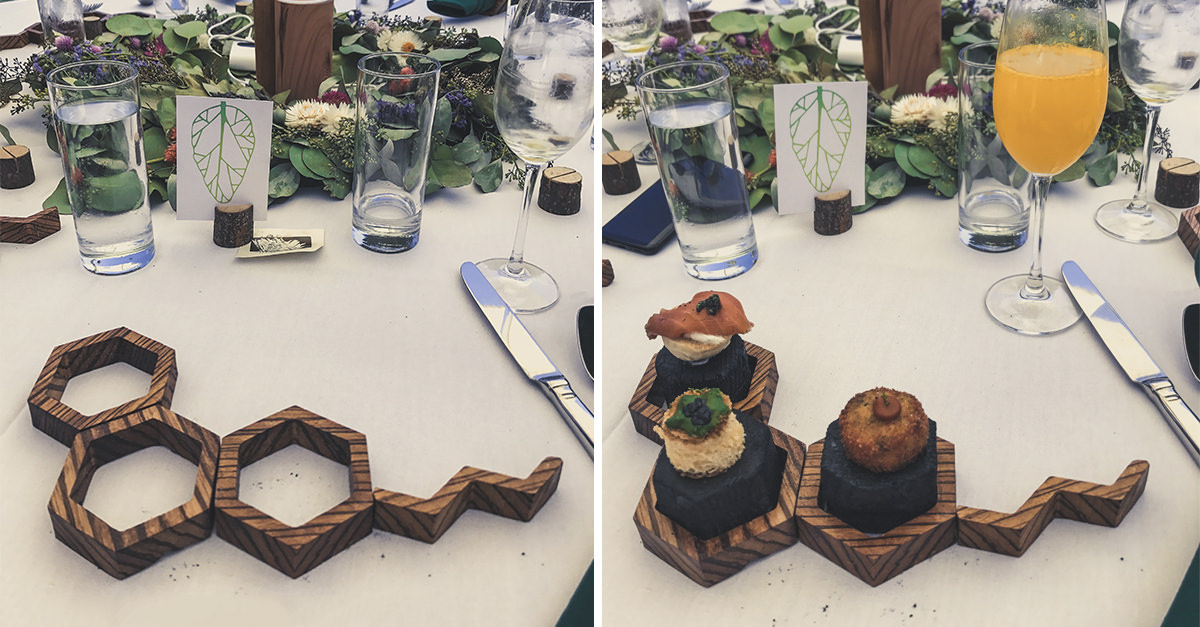
“It started off as the kind of event we wanted to see in the space,” Emerald Exchange co-founder Michael Katz tells Jane Street. Farmers markets are a natural part of the agricultural industry for any kind of farmer, he explains. Mendocino grower Justin Calvino, co-founder of the Exchange, planted the seeds for the larger LA event with local farmers markets and infused dinners in Northern California to help promote boutique outdoor growers. “We want to support that community and enable its transition and livelihood and not see them stomped out by big business,” says Katz.
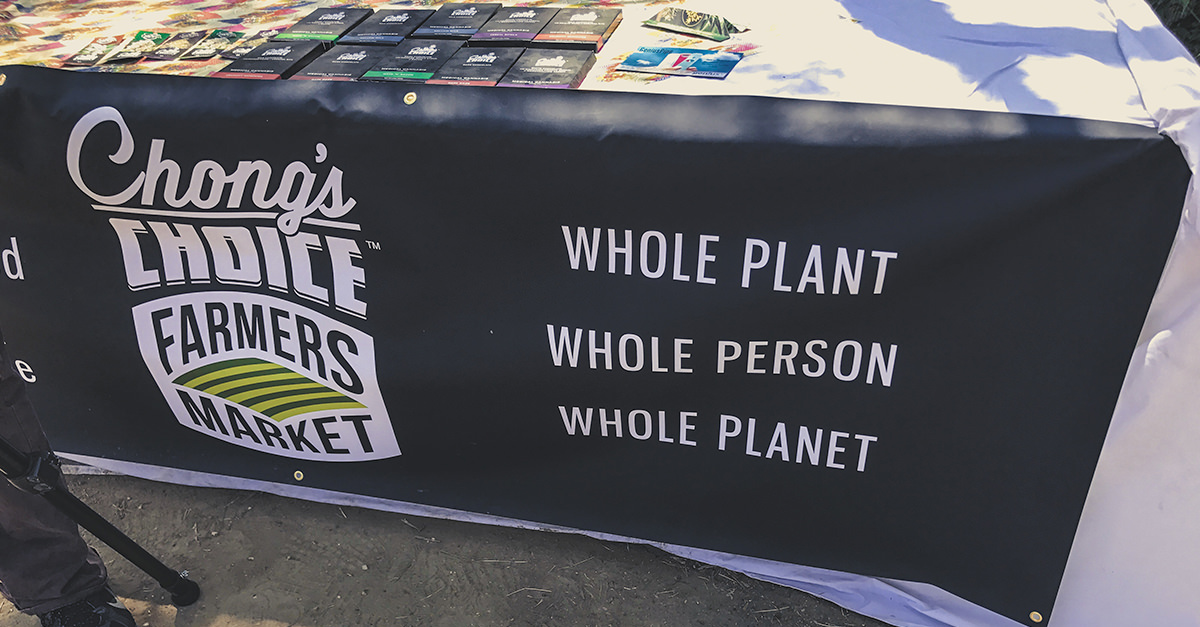
Emerald Exchange functions as a platform to connect mindful cultivators with consumers and patients who care about where and how their cannabis is grown. These are the same people who buy organic food or shop for fruits and vegetables at local farmers markets, too. With proper exposure, such as at the Emerald Exchange, the conscious consumer is more and more demanding the same quality and care to go into their cannabis as with other products they put in and on their bodies. Now is the time to be a snob about your weed — by supporting the industry’s best players.
And the wellness movement is only helping. Repositioning cannabis as a wellness or lifestyle product (it’s not just a drug for recreation, nor a medicine reserved only for patients), lends to the plant’s mainstream image and elevates its status in the marketplace. “We can be leaders in the self-care movement and the sustainable agriculture movement,” Katz says.
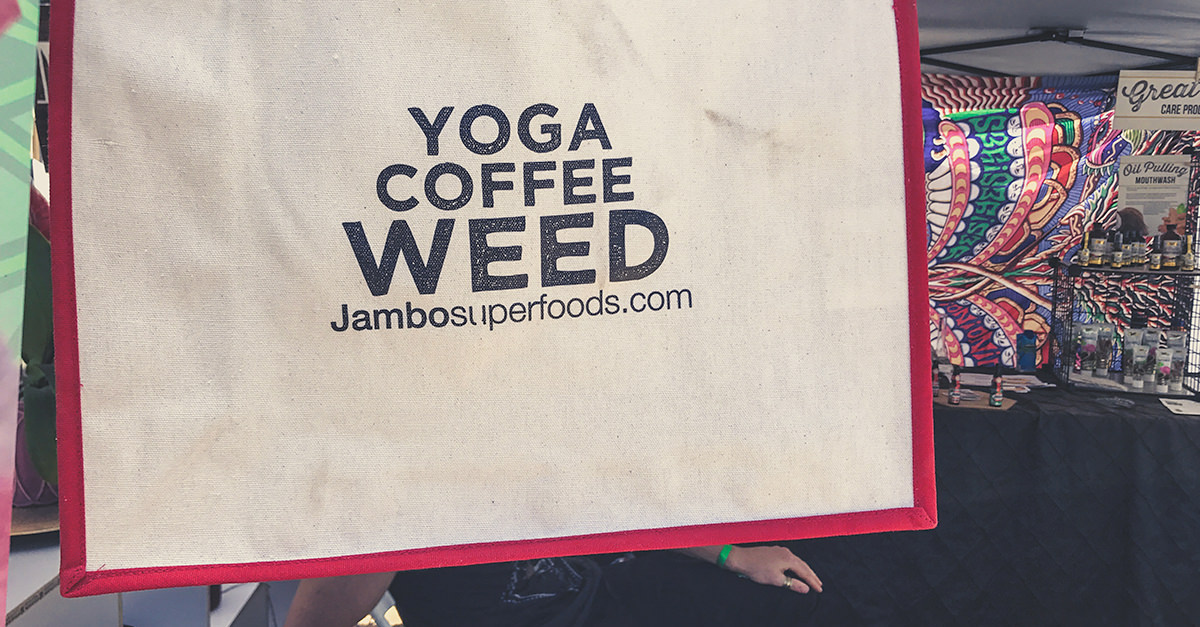
Not only did the Emerald Exchange bring cannabis vendors, but also professionals from the wellness space: yoga teachers, masseuses, health food chefs, and more. “We really believe the wellness industry is bringing the cannabis industry out of the dark ages,” says Johnny Deim, CEO of Humboldt Brothers. By handpicking vendors like Humboldt Brothers, who, for instance, leave no carbon footprint or grow only organic, sun-grown cannabis, Emerald Exchange gives the industry a chance to shine in the face of political scrutiny. “The event brought a lot of quality people,” Deim says. “We want to help as many good actors {dispensary owners, business folk, etc.} down here as we can. If there are a lot of bad actors involved, it’s not sustainable.”
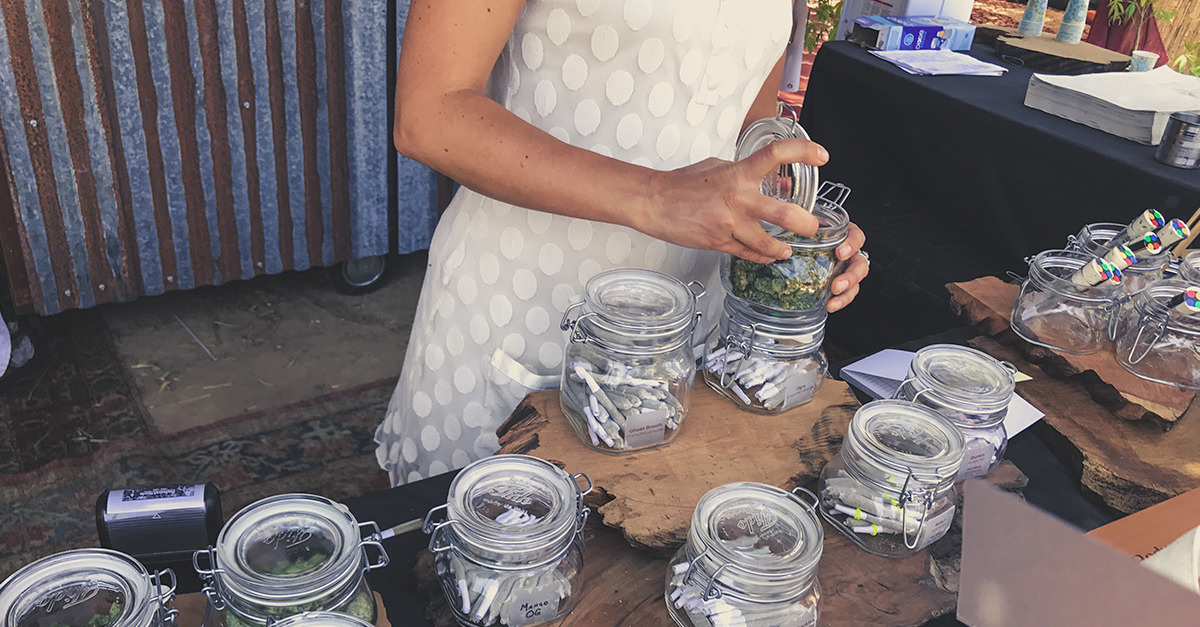
The event’s producers chose to showcase only small batch farmers with grows no more than 10,00 square feet, who have had their products lab tested for quality assurance, and who are in compliance with state law. A lot of them are mom-and-pop, or even third generation, says Brooke Horowitz, head of northern California cultivator relations for Emerald Exchange. “We really want to support the culture, so the people we pick emanate the culture of cannabis,” says Horowitz. “We’re coming from the days when we had to hide this, and now we’re also holding space for this community where we no longer have to.”
